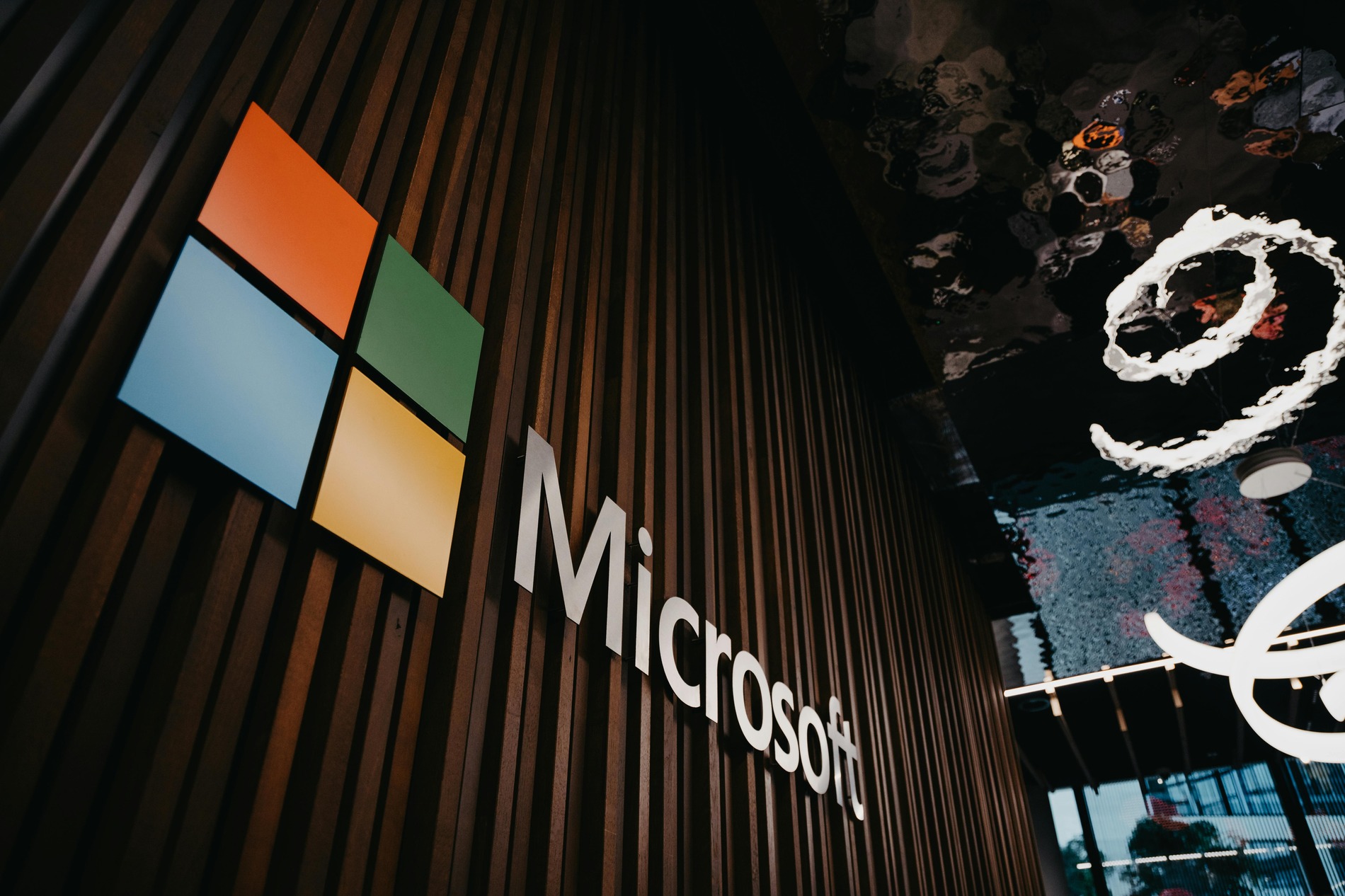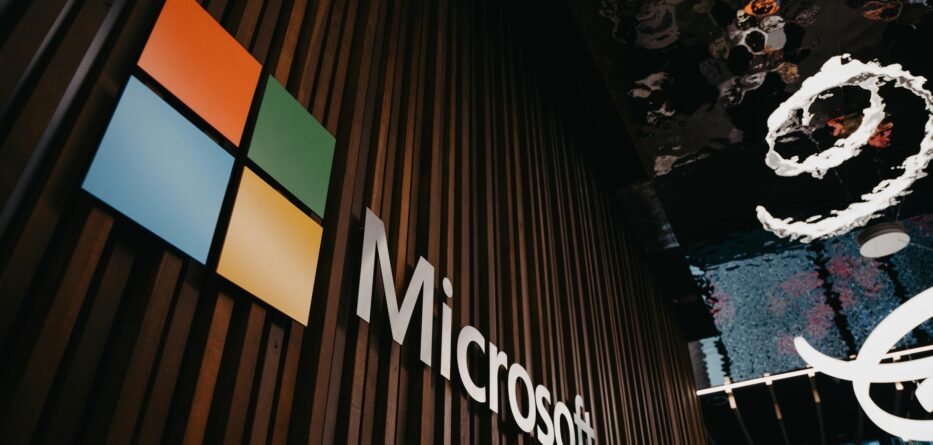
Credit: Pexels
End of Cruise Robotaxi Program Hits Microsoft Hard
In a surprising twist for the tech and automotive world, Microsoft is set to take an $800 million financial hit after General Motors (GM) decided to shut down its Cruise robotaxi program. This move, announced in a regulatory filing, means Microsoft will record the loss in its books, affecting its second-quarter earnings by around $0.09 per share.
This isn’t just a Microsoft story, though. GM, which owns most of Cruise, decided to stop funding the robotaxi business and will now absorb Cruise into its own operations. The automaker plans to use Cruise’s self-driving technology to focus on improving driver-assistance features and eventually develop fully autonomous personal vehicles.
Cruise’s robotaxi service will shut down as GM pulls its funding https://t.co/VWY8abfKuW
— The Verge (@verge) December 10, 2024
For Microsoft, the Cruise partnership wasn’t just about money. Back in 2021, the tech giant joined a $2 billion funding round for Cruise, alongside big names like Walmart and Honda, pushing Cruise’s value to $30 billion. Microsoft also teamed up with Cruise to provide its Azure cloud platform, supporting the robotaxi’s cutting-edge technology.
But running a robotaxi service isn’t easy—or cheap. GM has already spent more than $10 billion trying to make Cruise’s vision a reality. Now, faced with mounting costs and challenges, GM is buying out other investors and refocusing its efforts on developing smarter, safer vehicles for everyday drivers.
Honda, another Cruise investor, has also decided to stop funding its robotaxi plans in Japan, marking a shift in how the industry approaches autonomous vehicles.
So, what’s next? While Cruise’s ambitious robotaxi dreams might be coming to an end, this could be the start of something new. With GM bringing Cruise’s technology in-house, the spotlight now shifts to how these innovations will shape the future of personal cars.
💰📉 Microsoft to Take $800M Charge in Q2 Over GM's Cruise Exit
Tickers of interest: $MSFT $GM
Microsoft announced an $800 million impairment charge in Q2 FY 2025 following General Motors' decision to end its Cruise robotaxi venture.
This move, stemming from intense… pic.twitter.com/VERukCjGs5
— PiQ (@PiQSuite) December 11, 2024
As for Microsoft, this may be a financial setback, but its focus on groundbreaking tech partnerships means it’s still a key player in the evolving world of mobility.
This story is a reminder of how challenging—and exciting—it is to build the self-driving cars of the future. Change is part of the journey, and the road ahead is still full of possibilities.
16 Places in California You Can Skip on Your Tour
14 Hot Spots in The States You Might Not Want to Skip
-
Credit: Shutterstock Turner Reveals Her Worst On-Screen Moment Yet Sophie Turner just raised the bar for awkward first kisses,...
-
Credit: Shutterstock Best to Worst DC Superheroes DC has been cranking out superheroes for over 80 years, which...
-
Credit: Shutterstock The Thriller Movie You’ve Been Waiting For Just when you thought the hook-wielding killer was gone for...
-
Credit: Shutterstock Five Stars for July 4: A Patriotic Film Watchlist for 2025 As fireworks light up the sky...
-
Credit: Shutterstock Simpsons Finale Says “Bye Bye Beehive” in Teary Flash-Forward Springfield has never seen a twist quite like...
-
Credit: Shutterstock Brad Pitt Might Reunite with Tom Cruise—But Says No Thanks to Death-Defying Stunts Could Brad Pitt and...
-
A thrilling look back at every Mission Impossible movie and how the newest chapter, The Final Reckoning, ties it...
-
Credit: Unsplash Blockbusters, reboots, and family favorites are taking over theaters—here’s your ultimate guide to the 2025 summer movie...
-
Credit: Pixabay Robert Pattinson shares his frustration with The Batman Part II delays, joking about aging into an “old...
-
Exploring the top-grossing animated films and how Ne Zha 2 reshaped the rankings The world of animated films is...
-
Get ready, Wicked fans! The iconic Broadway musical is finally making its way to the big screen, starring Cynthia...
-
Ridley Scott’s Napoleon is not only a visual spectacle but a conversation starter among history lovers and moviegoers. Starring...




















